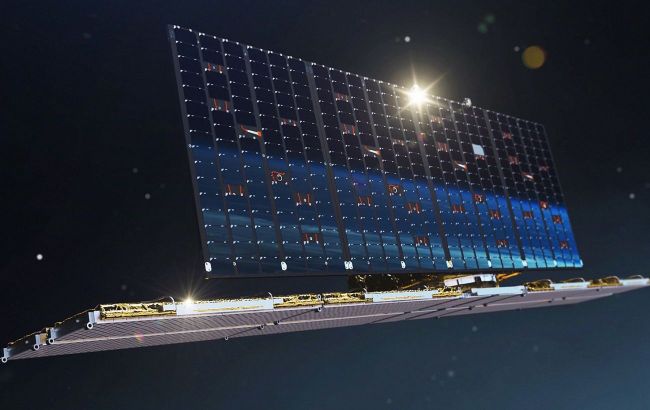How Japan plans to tackle global warming: Key facts
 Satellite monitoring climate change from orbit (Illustrative photo: Getty Images)
Satellite monitoring climate change from orbit (Illustrative photo: Getty Images)
Japan has launched the IBUKI GW satellite to monitor greenhouse gases and the water cycle. The new spacecraft from JAXA successfully reached orbit and deployed its solar panels, according to TRT Global.
Japan has launched the Global Satellite for Greenhouse Gas and Water Cycle Observation, known as IBUKI GW.
The launch took place from the Tanegashima Space Center at 1:33 a.m. local time (16:33 GMT on Saturday). Just 18 minutes after liftoff, JAXA’s ground station in Mingenyu, Australia, received telemetry data confirming the full deployment of the satellite’s solar panels.
Additional data received at 2:12 a.m. from the Troll satellite station in Antarctica confirmed that the satellite successfully entered Sun acquisition mode and is operating normally, JAXA reported.
The agency also noted that, together with Mitsubishi Electric Corporation and other partner organizations, it will continue operating the satellite to collect critically important data on climate change and its impact on the planet.
The launch of IBUKI GW is an important step in global monitoring of greenhouse gases and studying processes affecting Earth's climate, which is especially significant amid the growing climate crisis.
Recall that due to global warming, Earth's ecosystems are undergoing serious changes. Melting glaciers could cause the Black Sea level to rise by 30–50 centimeters, and rising temperatures will create conditions for the intrusion of species from the Mediterranean Sea, which are unusual for this region.
By the way, 2024 became the warmest year ever recorded in Kyiv. The average annual temperature reached +11.4 °C, which is 2.4 °C above the city's average climate indicator.

